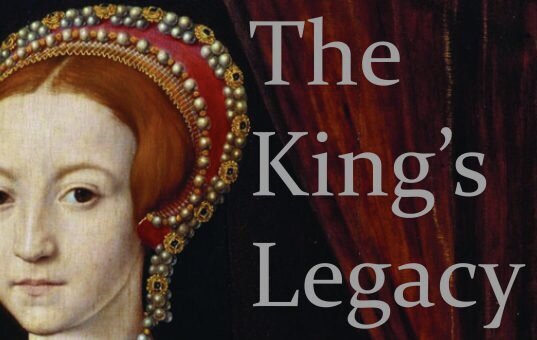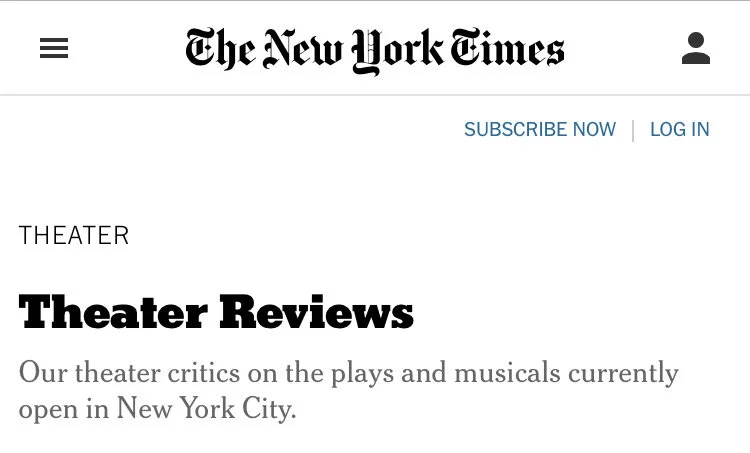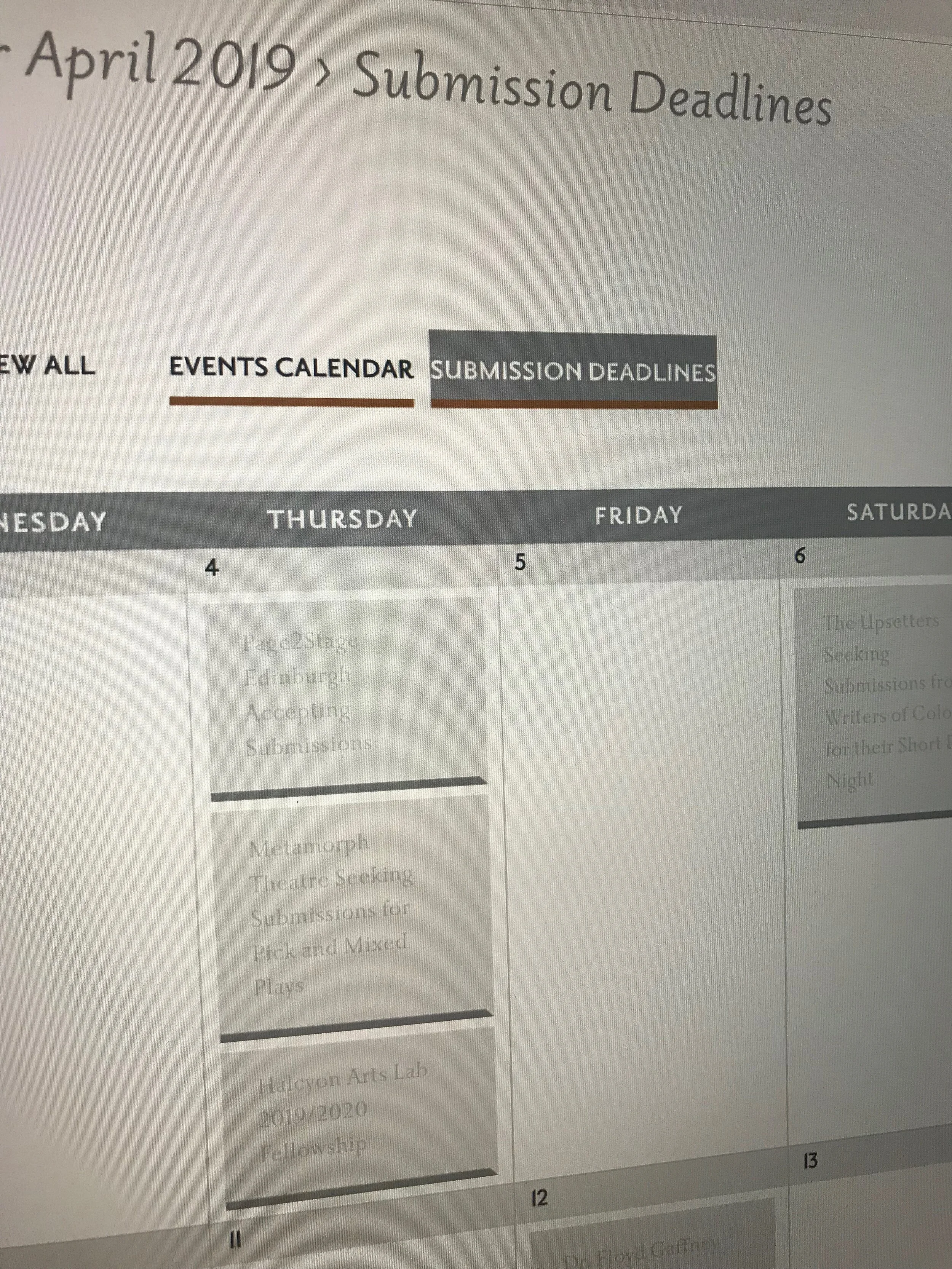Take A Break?
/At times we all need to take a break, from one thing or another.
Sometimes it’s work. Sometimes it’s locations. And sometimes it’s people.
There is a fairly common perception that artists cannot afford to take a break from their projects, and I mean that both literally and figuratively. However, that is not actually the case.
We have all been trained to be disciplined, hard-working, and to achieve - all the time. And too often this gets equated to a laziness or some sort of failing whenever an artist decides to take some time off or time away.
But I’m here to tell you that breaks are not only necessary, they are integral to the creation process. Allow me to explain.
Read More


















